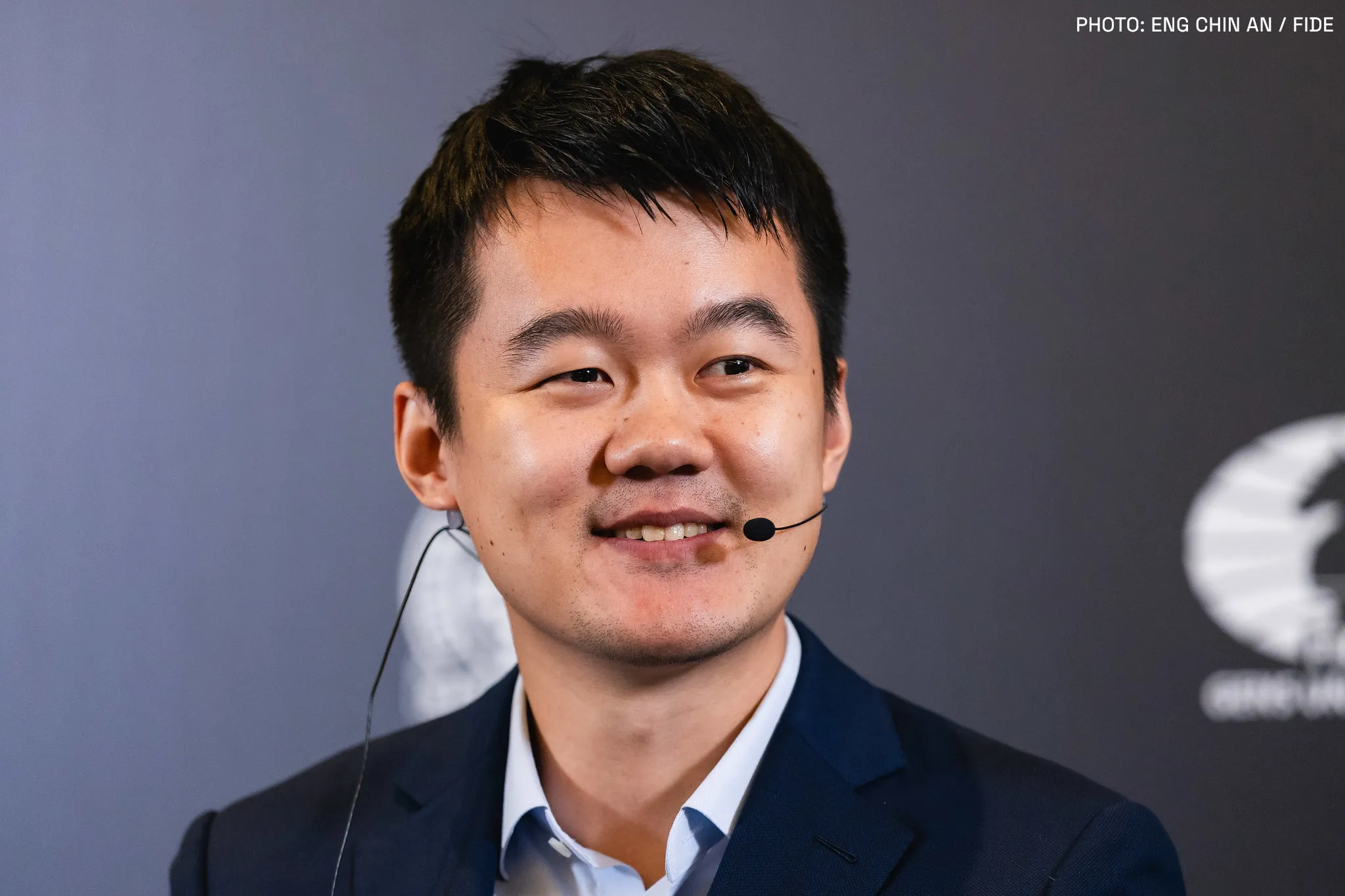Added on 12/9/2024
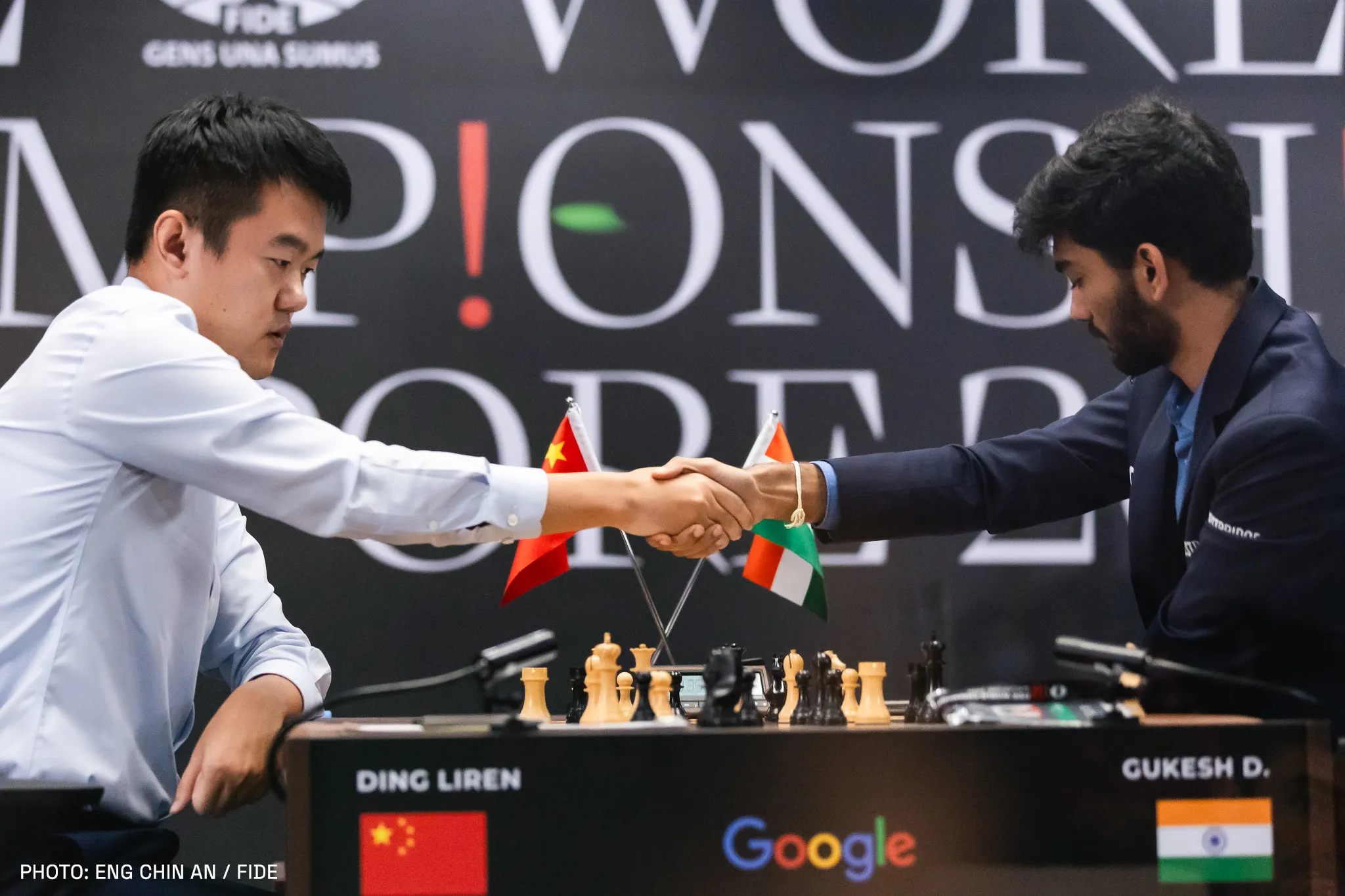

by David Llada
‘Good luck trying to summarize what’s going on with this match,’ a follower wrote on Twitter.
I don’t think it’s that difficult if we set emotions aside.
So far, Ding has shown to be the better player, consistently achieving superior positions, even when caught off guard in the opening. However, his lack of confidence and practice is evident, particularly in risk management. He hesitates, falls into time trouble, lacks aggression, and makes more frequent and severe mistakes.
Gukesh appears better prepared, more stable, and focused, excelling in calculating straightforward lines and making practical decisions. However, his positional play has been questionable; when there’s no clear course of action, his pieces often don’t find the most natural squares - a hallmark of World Champions. In my opinion, he’s not ready yet, and he has quite some work to do to improve in this area.
The match is tied 6-6, but it feels as if it’s been dominated by the defending champion, despite his hesitations. What will prevail in the remaining two games: Ding’s superiority or his breakdowns?
Let’s go through the last two decisive games:
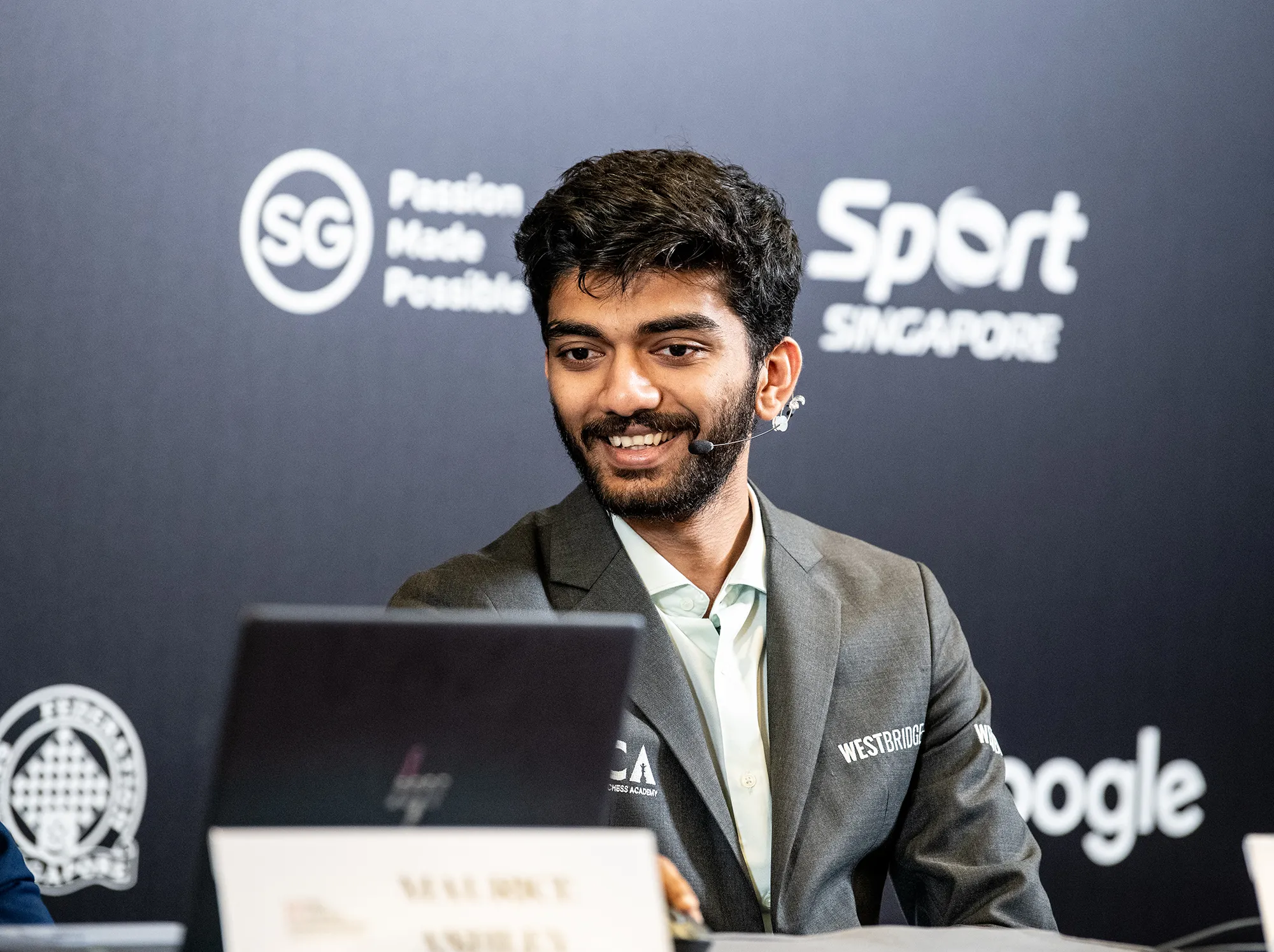
Game 11
Gukesh wins a lost game and leads the match!
As if it were an omen, the lobby of the Equarius Hotel was packed with Indian chess fans before the start of Game 11. As I later learned, a delegation of several dozen members from the All India Chess Federation had arrived that day—and they must have invited all their friends. For a day, it felt as if the match was being held in India, as many have dreamed of!
Gukesh didn’t see any of this. A private elevator takes him directly from his suite on the eighth floor to the playing hall on the ground floor. As usual, he quickly said goodbye to his father, Dr. Rajinikanth, and rushed to the ‘fish tank’ at high speed.
The challenger uncorked an interesting opening for this special game:
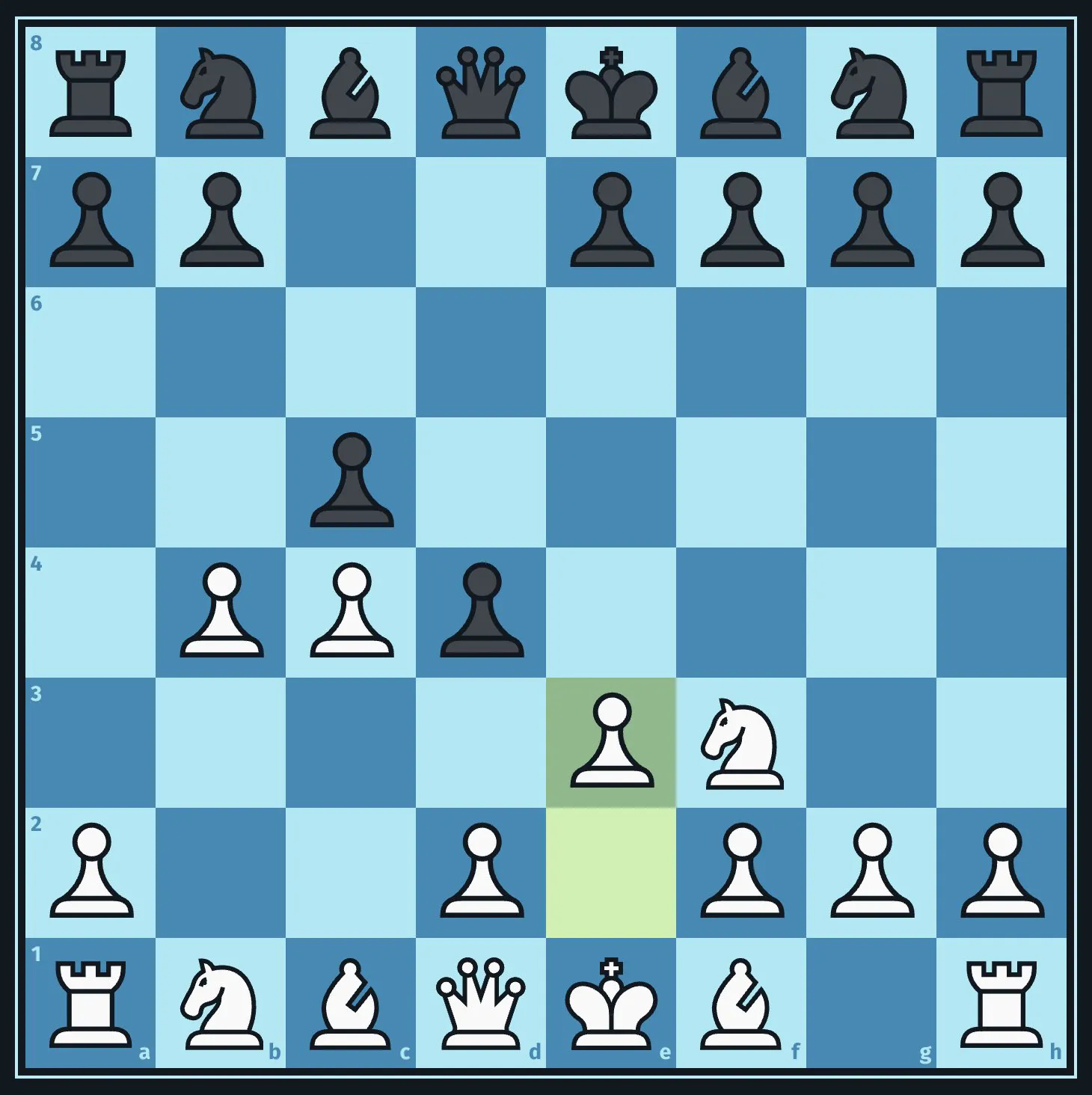
The Reversed Blumenfeld Gambit isn’t exactly a mainstream line, but it’s relatively common in correspondence chess. What’s more interesting is that this position appeared in a 2021 game between Adhiban and Ding Liren and has also been played by Arjun Erigaisi in several games as White. Later, when asked at the press conference if Arjun was one of his seconds, Gukesh smiled and ‘neither confirmed nor denied it.’ I’ll take that as a yes.
The critical moment in the opening came here:
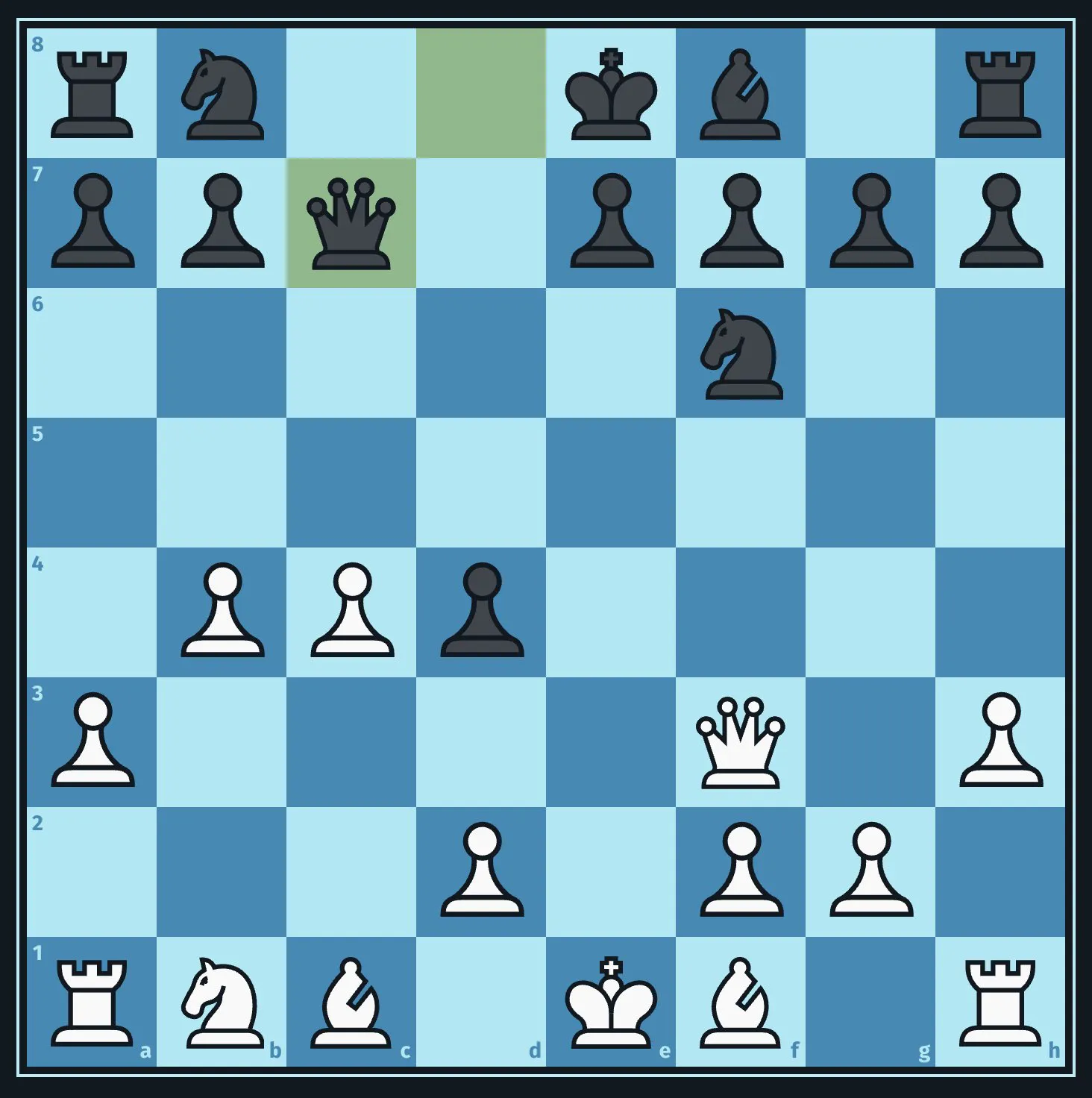
8…Qc7 by Ding was likely not the best choice to challenge White’s setup, with most experts and commentators favoring the Challenger’s position at this stage. Gukesh could have achieved a strong position with 9.c5, giving both his bishops excellent prospects. Instead, he opted for 9.d3? and 10.b5, limiting his light-squared bishop’s options and ceding control of the c5 square to Ding. From this point onward, the World Champion took control of the game.
As usual, Ding had already consumed a dangerous amount of time. However, Gukesh, realizing he was in trouble, spent an entire hour on his 11th move. As it turned out, the time scrabbles would decide the fate of the game.
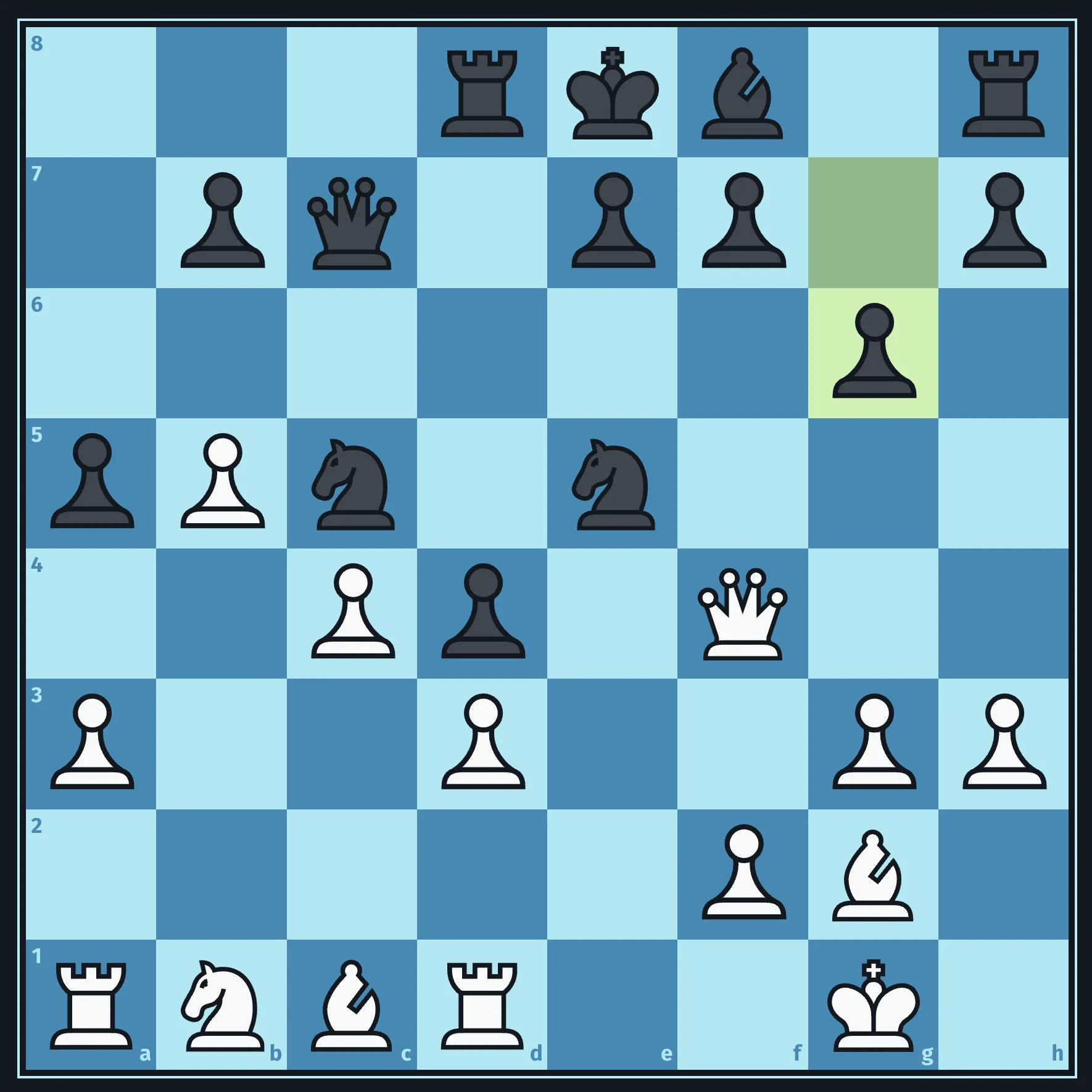
The World Champion maneuvered well up to this point, placing his knights on dream squares and targeting the backward d3 pawn, which he could have captured. White’s Queen was running out of options on the f4 square. However, the move 15…g6 squandered much of his advantage and positional gains. This misstep isn’t easy to see for a human player—even a World Champion—but apparently, 15…e6 would have been a far superior alternative.
In my native Spanish, we have a saying with no exact English equivalent: ‘He defended himself like a cat on his back.’ It’s a vivid way to describe what Gukesh did here. He advanced the b-pawn, willing to sacrifice it to open lines, and then pushed a4 to create the a3 square for mobilizing his pieces. It was the right choice to make in a desperate situation.
The plan worked, and Ding was against the ropes. With enough time, he could have surely saved the game, but in time trouble, he fell for one of the gravest blunders we have witnessed in the World Championships' history, blundering with 28…Qc8??
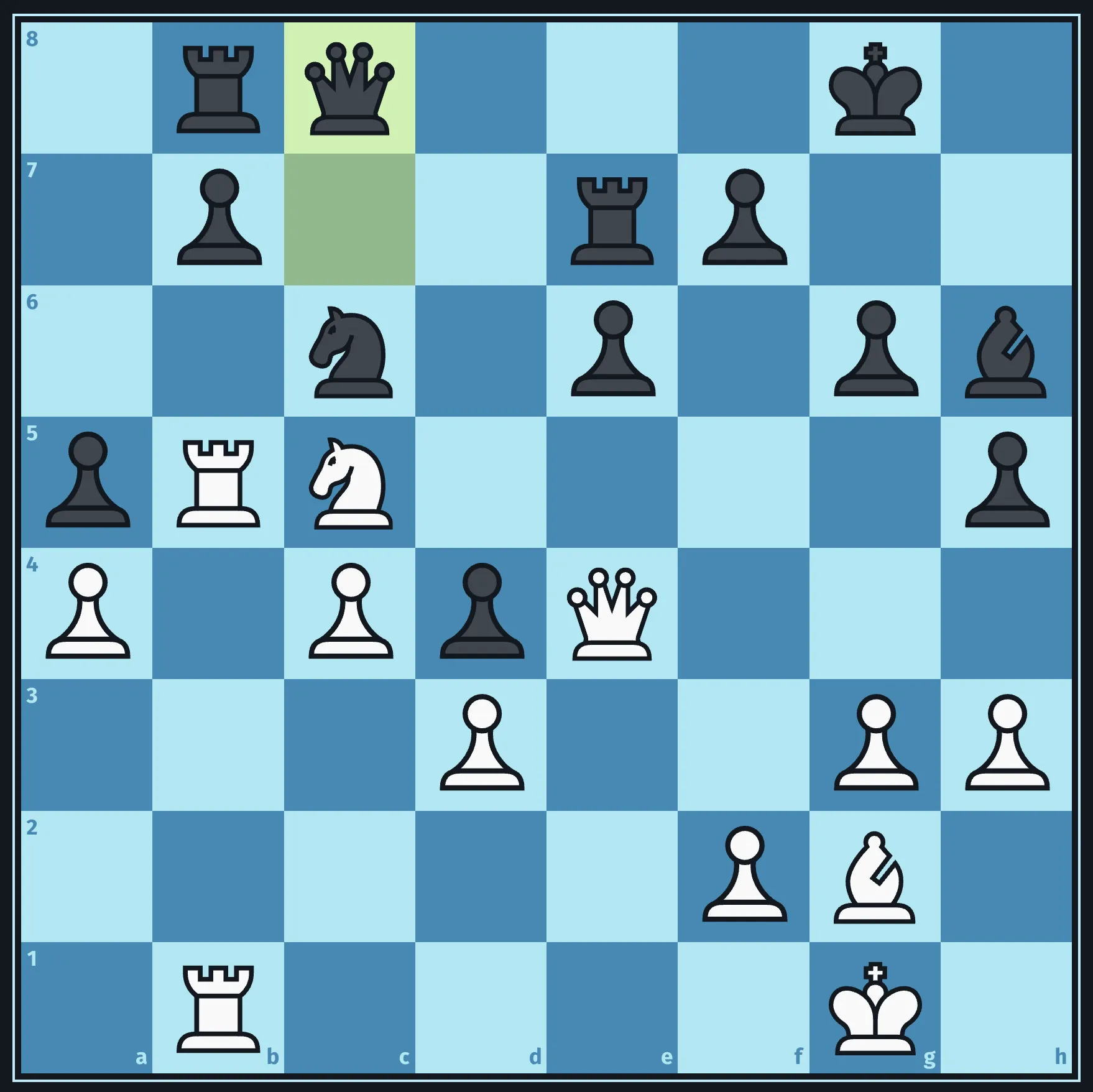
As our friend Agadmator would say, ‘Feel free to pause the video and find the winning move.’
The young Gukesh couldn’t believe his eyes at first. Then, he executed the winning capture and, still at the board, gave a triumphant head gesture in celebration. All his countrymen at the venue began chanting, ‘Gukesh! Gukesh! Gukesh!’
Game 12
Ding does it again!
Recovering from a loss is always challenging, especially in a match. But some losses hurt more than others, and the one in Game 11, after a terrible blunder, must have been especially painful for Ding. As he left the press conference that day, he tried to stay positive, recalling how he bounced back in Game 12 of his match in Astana and vowing to try again. He would have White in two of the three remaining games, but few believed he could pull it off again.
‘Never underestimate the heart of a Champion,’ said the multiple Spanish Champion Paco Vallejo on Twitter. And Ding has proven many times that beneath his fragile demeanor lies a core of steel.
At first, it seemed as if Gukesh had found the best play to play against Ding’s English opening:
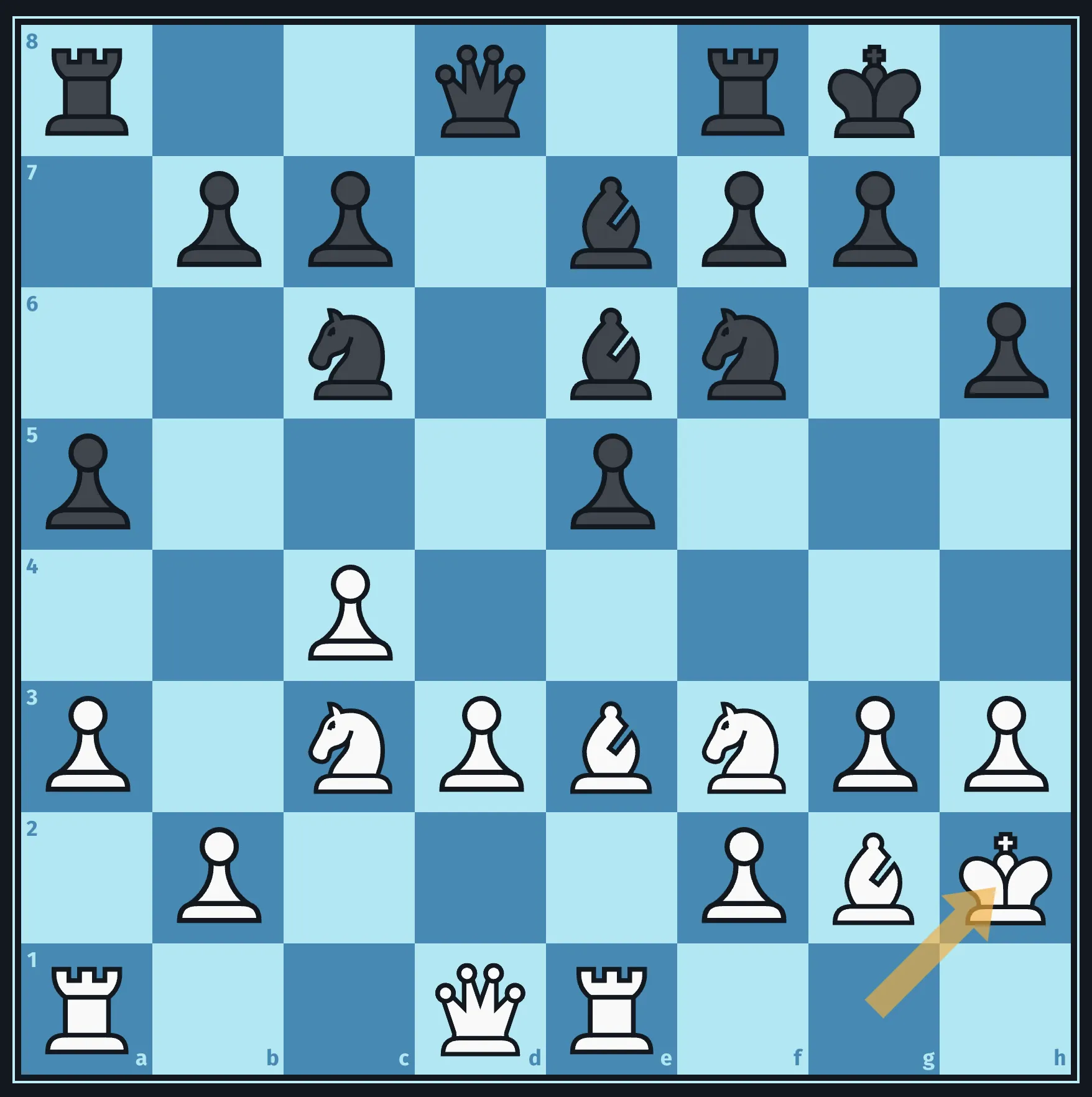
The problem for Ding is that breaking on d4 might lead to exchanging pieces and simplifying the position towards a draw. However, can he make any progress at all without pushing d4?
Gukesh made things easier for the Champion. In the position above, he played the strange-looking 13.Rb8. This allowed White to keep accumulating triumphs: a more active bishop pair, a strong outpost for his Knight on b5, a space advantage on the Queenside, and greater flexibility to shift the game towards the Kingside at convenience.
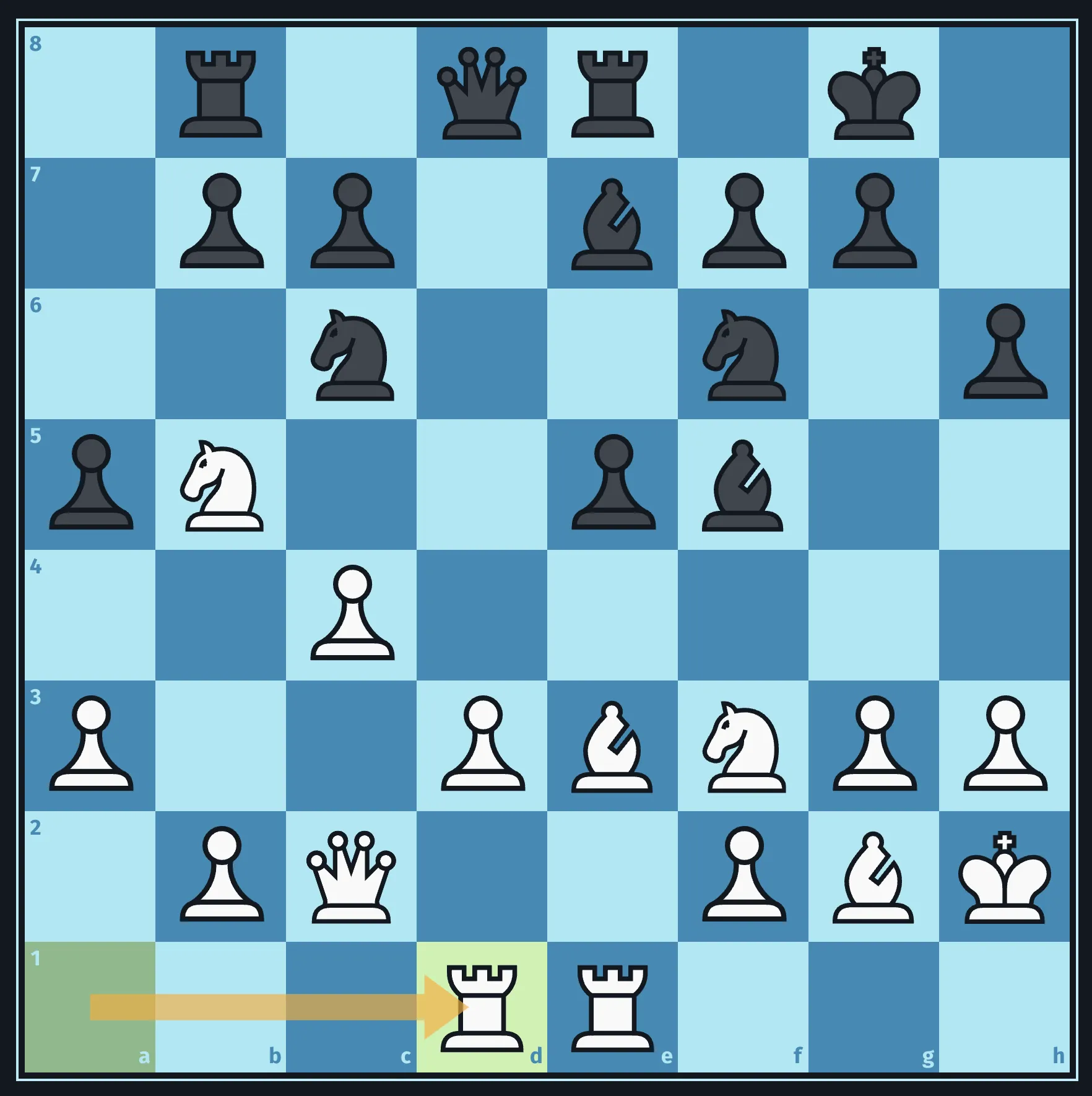
Just a few moves later, White’s advantage became clear. ‘I started liking my position after 16.Rd1,’ Ding remarked at the press conference. Gukesh’s plan, 16…Nd7-b6, only exacerbated his difficulties.
Many of my colleagues lauded Ding’s performance in this game, calling it ‘a masterpiece’ and ‘one of the best games of his career.’
I think that’s a bit of an overstatement. While Ding’s play was impeccable—bulldozing through Black’s position and exposing every weakness with precision and energy—Gukesh made things relatively easy for him. Though he didn’t commit any major tactical blunders, the game had the feel of a matchup between players with a 400-point rating gap, where the disparity in positional understanding was evident.
‘I thought I was quite comfortable after the opening but later on, I wasn’t sure what to do. Bad games happen, and today I had one,’ summarized the Challenger before leaving the press conference.
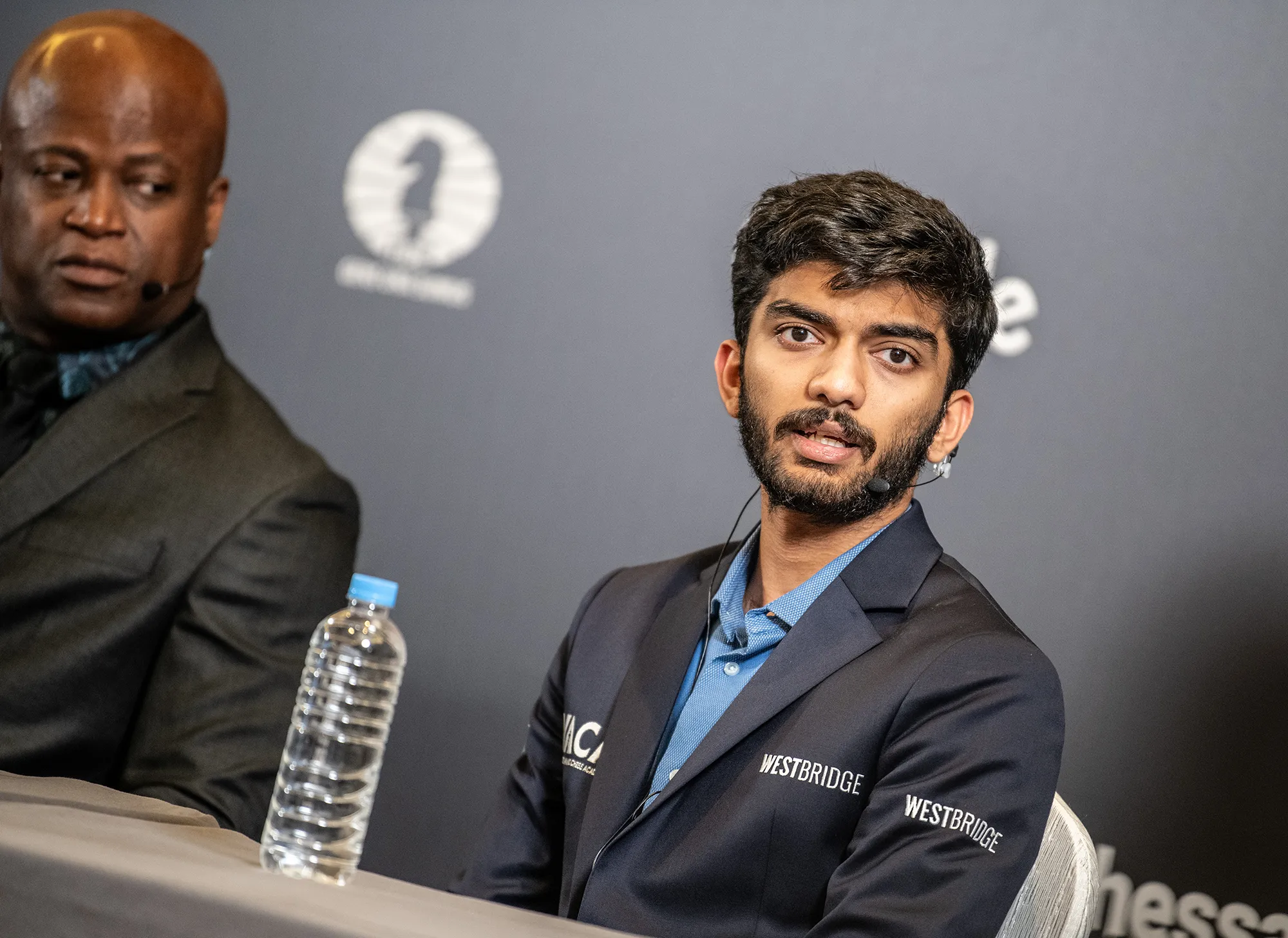
Ding, on the other hand, was visibly satisfied: ‘Yesterday was a difficult game to deal with, but I tried to continue with my normal routine and be refreshed for this important game. Today I had a cup of coffee before the game, which helped me feel much more energetic, and also, I had some snacks to maintain my energy levels for the critical moment. I think I played a very good game and found some good moves’.
Two games to go, and everything to be decided. The players have likely made use of the rest day to settle and recover from the emotional intensity of the previous games. If I had to predict, I’d say both will adopt a conservative approach and the match will be headed towards a tie-break.
But, as we said in a previous article, predictions tend to be early victims at big sporting finals.
